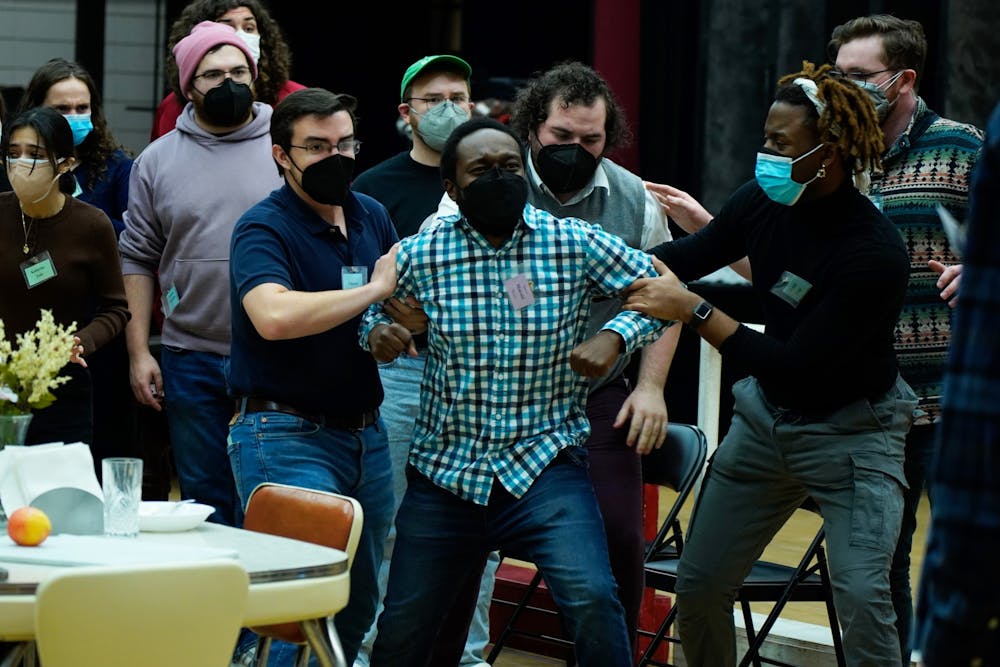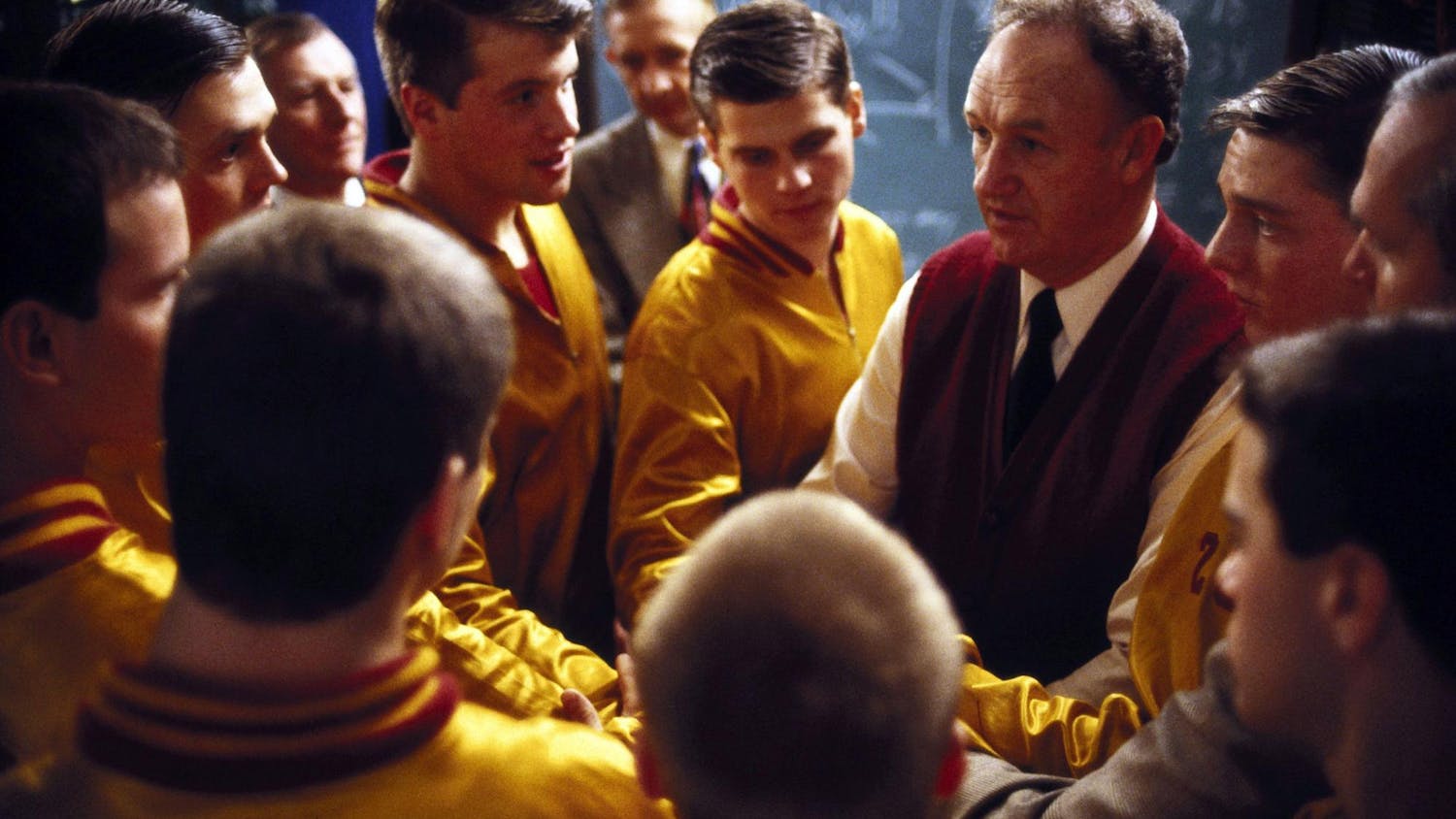The Jacobs School of Music Opera and Ballet Theater will conduct an event to honor renowned composer William Grant Still at 7:30 p.m. on Feb. 4-5 and 11-2 at the Musical Arts Center. Tickets are on sale starting at $16 for regular admission and $10 for student admission.
The event will have two parts, an opera entitled “Highway 1,” and a ballet “19.” Both performances will contain music and compositions by Still.
Still was a Black composer prominent during the Harlem Renaissance. He composed more than 200 pieces, including 9 operas, only three of which have ever been produced.
“Still was around during very racist times, and critics would actually give him bad reviews to keep him down,” stage director Kimille Howard said. “He composed a well-known opera with Langston Hughes called ‘Troubled Island,’ and critics admitted later that they made sure their reviews were not written well to ‘keep him in his place.’”
Howard describes “Highway 1” as a performance about a fictional small town Black couple, Bob and Mary, living on Highway 1 along the coast of California. As Bob’s mother is dying, he promises her that he will care for his younger brother Nate, sacrificing money and resources to ensure his success.
“The husband is preparing to pick Nate up from college, to go to his graduation and bring him home,” Howard said. “They are very much looking forward to finally being able to enjoy the fruits of their labor and the life that they always wanted, but things don't go according to plan.”
Howard said both the opera and ballet are significant because of the representation within them, which is not common within the music world.
“It's an opportunity to see a mixture of different identities on stage, which in a story where it wouldn't be a suspension of disbelief for people who have those identities to play those roles,” Howard said. “It's a different experience when bodies of color get to represent characters that they authentically could be.”
Kathiana Dargenson, a lead vocalist and master’s student at Jacobs, said a key difference between operas and other theater performances is that vocalists must project out into the audience without a microphone. This has an impact on both the stage director, who decides staging, and the performers themselves, who must master both acting and vocal skills in their performance while making sure they are heard by the audience.
“I don't have a background in theatre acting,” Dargenson said. “So a challenging thing for me to do was to get out of my own box as far as acting with my full body, including my voice. And that's where I found some difficulty with taking a more human approach to performing than as an opera singer.”
Following the opera is “19,” the ballet that will be performed to “Afro American Symphony,” written early on in Still’s career. However due to COVID-19 concerns, the ballet will not include a live orchestra.
“It's a piece that has a lot of jazz influences,” Arthur Fagen, professor of conducting at Jacobs and “Highway 1” conductor, said. “You hear blues aspects to it. It has rhythms that had origins in Black music and culture.”
“19” consists of three movements. Movements 1 and 2 were created in 2020 by choreographer Sasha Janes, sparking the theme of isolation. Movement 3 was designed this semester, and is a nod towards the future when the COVID-19 pandemic is over.
Janes said that to ensure safety at the beginning of the pandemic, the initial cast rehearsed outside of the Musical Arts Center. They learned choreography in the grass while wearing sneakers, and risked injuries from the uneven terrain.
“Those were the sorts of conditions that weren't ideal for choreographing and dancing, but the dancers were really great about overcoming all of that,” Janes said. “They did whatever it took to get back on stage.”




